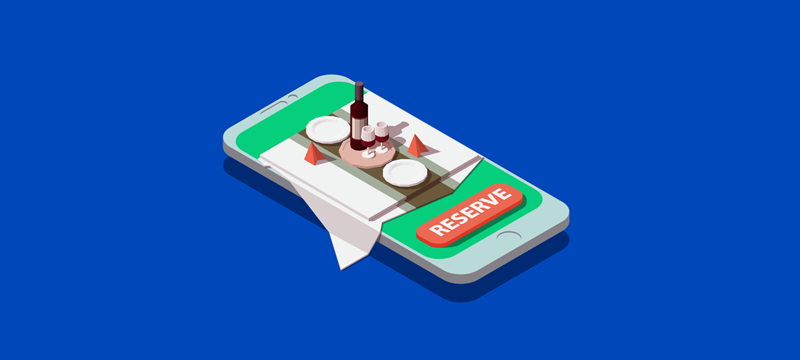Though it”s been a difficult year for hospitality, an increasing number of businesses are making use of the latest technologies to help them adapt to the changing landscape. It is being used to cut costs, improve the customer experience, comply with COVID regulations and to provide insights for development and revenue opportunities. Here, we”ll look at the ways IT is transforming the hospitality industry.
Cutting costs
Hospitality venues are making increased use of the internet of Things to save on energy costs. Devices, such as temperature sensors and smart thermostats, are being installed to control intelligent HVAC systems so that the costs of heating and cooling are kept to a minimum. Similarly, smart LED lighting systems that use sensors to adapt to natural daylight levels or gauge occupancy can cut lighting costs by 80%.
Beyond this, today”s energy management systems make use of AI and machine learning to analyse energy consumption, weather patterns, peak demands and even thermodynamics to optimise energy use. Additionally, the IoT can also be used to monitor the health of systems, ensuring that faulty machinery or appliances are detected and mended before the cost spirals or they break down and affect amenities for guests.
As these systems are cloud-based, they can be managed centrally, so that businesses with multiple hospitality venues can have unified control of their operations. The systems can even be managed remotely over the internet
Improving the customer experience
Technology is beginning to have a significant impact on enhancing the customer experience, with guests being able to use websites and smartphone apps for a wide range of purposes. Today, these include remote booking and checkouts, making reservations in restaurants and spas, accessing services such as room service, reserving parking spaces, unlocking hotel rooms, controlling smart room appliances, communicating with staff, paying for products and services and so forth.
Web based apps and smart devices are also being deployed to improve how staff work, speeding up service, automating processes and eradicating human error – all of which improves customer satisfaction.
Providing insights
Website and app interactions, together with monitoring from IoT devices, produce vast quantities of data which can be analysed to provide detailed business insights. They help hospitality businesses predict peak occupancy, understand how demand for different services changes over time and give a clearer picture of which guests are making use of which services. This can help them better deploy staff, improve inventory, implement more effective marketing strategies and develop new and existing services in line with customer expectations: all of which can help improve efficiency, cut costs and increase revenue.
Storing all that data in the cloud provides hospitality businesses with numerous advantages. The data is secure, helping businesses achieve compliance; there is easy scalability, so that as data grows and demand increases, the company won’t get caught out by a lack of IT resources; cloud-native apps make it easy to undertake data analytics and make use of AI and machine learning; and, perhaps most importantly, as websites, apps and IoT devices all need the public cloud for connectivity, its makes sense to store the data they collect there too.
Helping with the pandemic
Technology is increasingly important for the hospitality industry during the pandemic. By using the internet to offer takeaways and deliveries, for example, restaurants and caf©s have been able to stay working during the lockdown and have supplemented reduced capacity once reopened. From a safety perspective, the use of smartphone apps has enabled customers to order prior to arrival, cutting down the amount of time they spend in the restaurant and the number of interactions needed with staff.
For all hospitality venues, there’s an obligation to help the NHS Track and Trace Service by collecting customer’s personal information as they enter. This information needs to be kept for a period of 21 days so that, should there be an outbreak of coronavirus or an infected person being on the premises, all other customers can be contacted. Collecting this information online, either via the website or app means the data is more manageable and secure and can be more easily passed on if required by the Track and Trace Service. It also removes the unhygienic practice of asking guests to fill in paper registers where they often handle the same piece of paper and pen as other guests.
Conclusion
Although hospitality is not a sector most people usually associate with cloud-based technology, many businesses within the industry have begun to see the advantages of its adoption. Advanced websites, smartphone apps, smart lighting and HVAC systems, etc, have reduced costs, improved customer experiences, provided valuable insights, helped businesses survive the pandemic and comply with COVID regulations.
For more information about our cloud solutions, visit our Cloud Hosting page.



